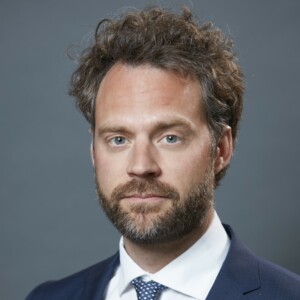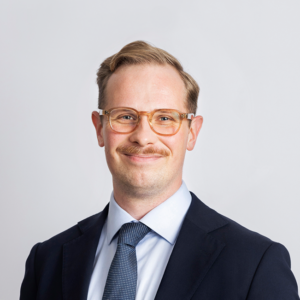
The research project “Geoeconomic risks and their impact on the security of supply of Finland and the European Union” explores the process of de-risking critical economic links. The project maps out strategies for Finland to mitigate such risks, facilitates dialogue between public and private sectors, and provides recommendations for Europe-wide actions. The project is jointly funded by the National Emergency Supply Agency (NESA) and the Finnish Institute of International Affairs (FIIA).
Finland’s politics concerning security of supply and preparedness have leaned on the effectiveness of international multilateral cooperation and governance, as well as the predictability of the external operating environment. These have relied on the liberal, rules-based international order, which is currently under strain as power politics and geopolitical threats have resurfaced. Simultaneously, states are encountering increased costs, risks and threats as a result of global interdependence. While the operating environment of international politics continues to be characterized by interdependencies among states, it has also become more competitive and confrontational.
De-risking is a result of significant global actors trying to reshape international value chains, chains of production, and the frameworks of international trade and politics. These actors also have the power to significantly impact the international dynamics and structures of Finland’s security of supply activities.
The project aims to increase understanding of global actors’ de-risking policies and their impact on Finland’s security of supply. Furthermore, the project seeks to identify challenges and opportunities associated with Finland’s de-risking activities in the realm of security of supply, and to provide recommendations on bolstering Finland’s influence in European discussions concerning de-risking.
As part of the project, a framework is created to coordinate collaboration between public administration and the private sector concerning economic and security risks. Additionally, a roadmap outlining ways to achieve de-risking goals is developed. The research is conducted in three separate work packages, which incorporate workshops and contextual publications.
The project is led by Research Director Mikael Wigell. Other researchers include Programme Director Harri Mikkola, Research Fellow Markus Holmgren, Research Fellow Joel Linnainmäki and Research Assistant Tomi Kristeri. The project began on 15 February 2024 and ends in August 2025.








